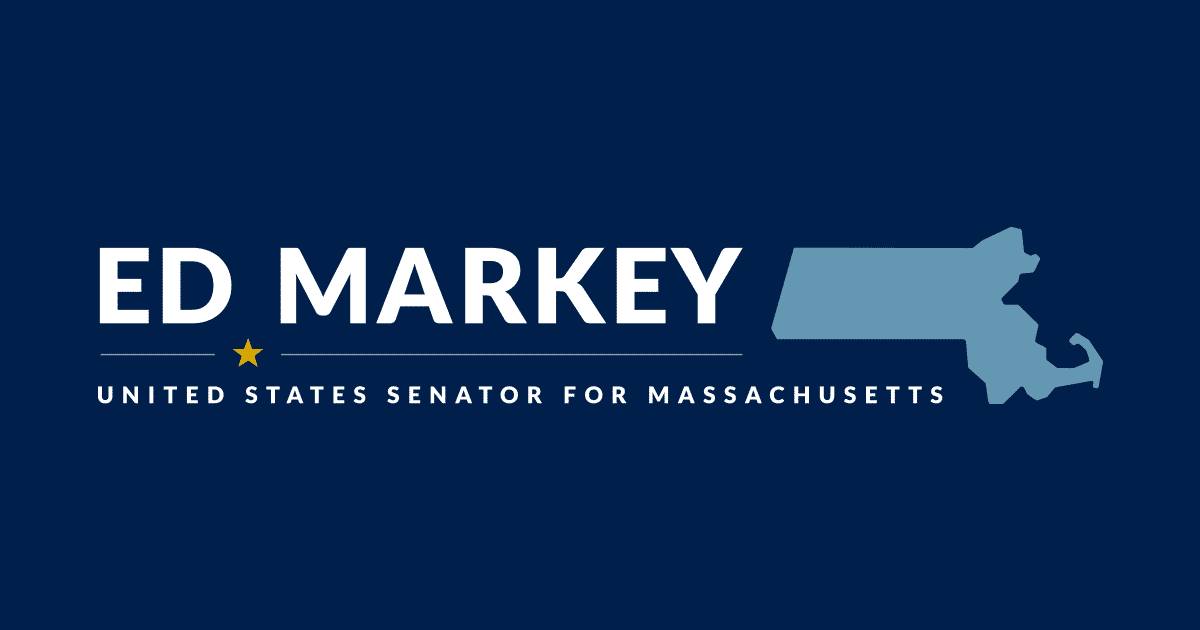Source: United States Senator for Massachusetts Ed Markey
“The climate crisis is a public health crisis, and it is critical that the federal government prepare our health system for the continued and escalating effects of climate change,” said Senator Markey. “I am pleased that the Biden administration is heeding our call and establishing the Office of Climate Change and Health Equity, and I encourage the new office to coordinate with international, state, Tribal, and local governments, and develop a national strategic action plan to guide health care professionals in responding to the impacts of climate change on public health, as outlined in our legislation. Climate change is making people and the planet sicker, and we need a whole-of-government response to the climate crisis, including addressing the disproportionate burdens climate change continues to take on low income and communities of color.”
“July was the hottest month in recorded history, and right now my district is bracing for flooding as the remnants of Hurricane Ida approach us in Northeastern Pennsylvania,” said Rep. Cartwright. “Sen. Markey and I introduced this legislation so we can learn more about and better address the public health impacts of climate change-driven events like these, and it is encouraging to see the administration take action to make progress on this goal. I will continue working to enact this bill because we need to ensure our public health systems are equipped to respond to the effects of the warming climate on our communities in the long term.”
Similar to the program outlined in Climate Change Health Protection and Promotion Act, the mission of the Office of Climate Change and Health Equity is to protect vulnerable communities who disproportionately bear the brunt of pollution and climate-driven disasters at the expense of public health. Both programs seek to identify communities and populations that are disproportionately vulnerable to the health impacts of climate change, provide technical advice and expertise to government agencies, promote training opportunities to build the climate and health workforce, and explore partnerships with nongovernmental organization and the private sector.
